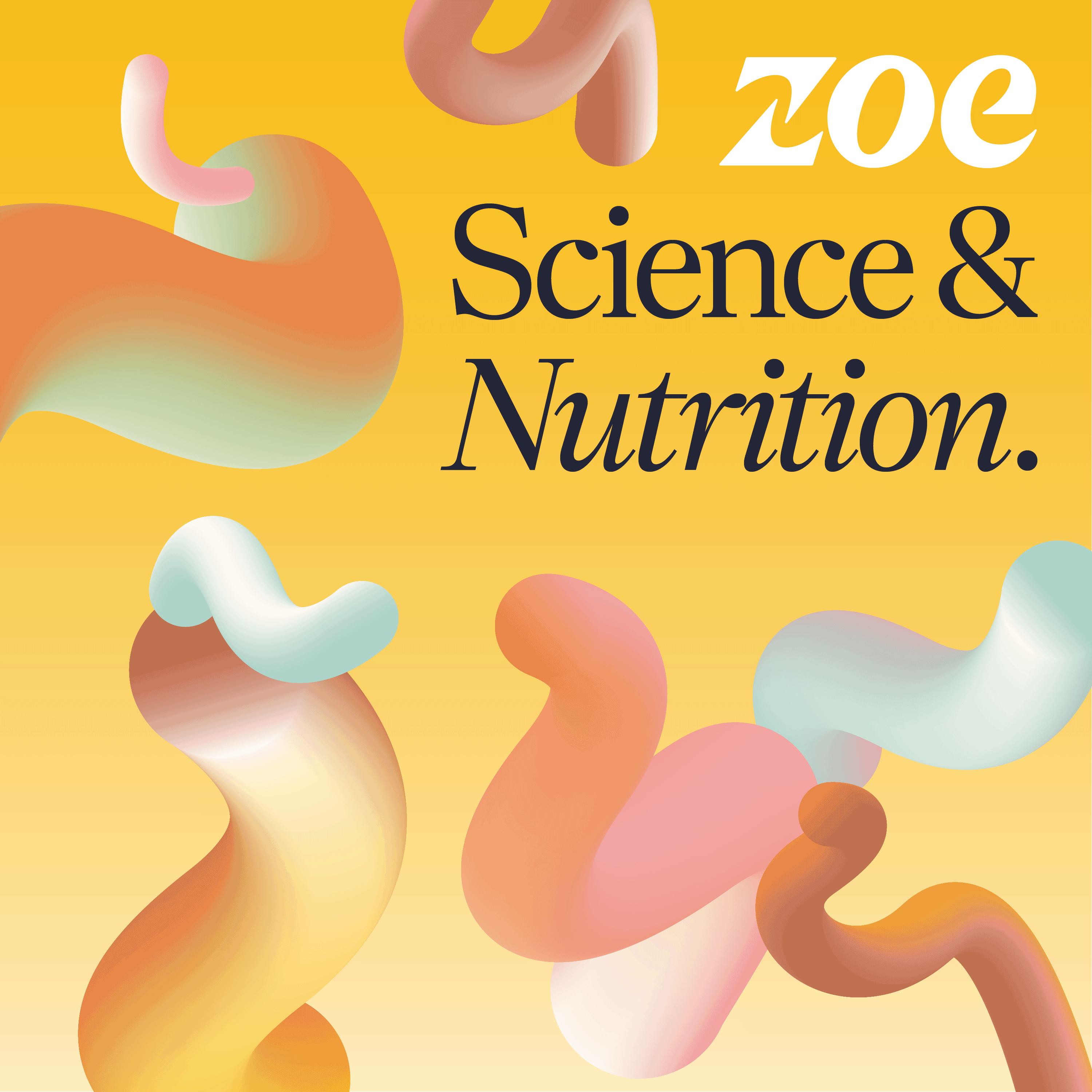We can't find the internet
Attempting to reconnect
Something went wrong!
Attempting to reconnect

Access AI content by logging in
What does "organic" food mean? And how do you know if something's organic?
Of course, foods tell you if they're organic in massive letters on the packaging. And they cost way more. But what makes a food organic? Is eating organic better for your health? And are the benefits worth the expense?
Luckily, Professor Tim Spector is here today with answers. Tim is one of the world's top 100 most cited scientists, a scientific co-founder of ZOE, and the author of the bestselling book Food for Life: The New Science of Eating Well.
Stick around until the end, and you'll also find out the answer to a question we get often: Does Tim eat organic?
Get science-based nutrition advice straight to your inbox: https://bit.ly/44xRywM
If you want to uncover the right foods for your body, head to joinzoe.com/podcast and get 10% off your personalised nutrition program.
Timecodes:
00:00 - Intro
01:21 - Quickfire round
02:36 - What is organic food?
03:06 - Pesticides vs insecticides
08:06 - Diseases
09:15 - Herbicide risks
16:03 - Nutrient comparison
18:21 - Natural chemical defences
20:32 - Does Tim Eat organic food?
22:15 - Foods high in chemicals
25:32 - Organic and cost
26:56 - Washing food
31:11 - Summary and outro
Mentioned in today’s episode:
Organic food consumption and the incidence of cancer in a large prospective study of women in the United Kingdom from the British Journal of Cancer
Association of frequency of organic food consumption with cancer risk from JAMA Internal Medicine
Impacts of dietary exposure to pesticides on faecal microbiome metabolism in adult twins from Environmental Health
Follow ZOE on Instagram.
Episode transcripts are available here.
Is there a nutrition topic you’d like us to explore? Email us at [email protected] and we’ll do our best to cover it.
